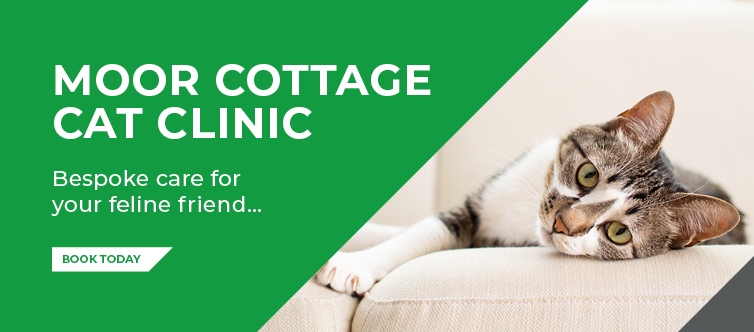Although very cute and rewarding, a rabbit should not be thought of as a cheap or low maintenance pet. If you are considering adding a rabbit to your family, have a think about the following:
Rabbits Need Companionship
Rabbits are very social and benefit greatly from living in bonded pairs or groups. To achieve this but to prevent fighting and mating, all rabbits (both males and females) should be neutered at an early age. Bonded rabbits will groom each other, hop over each other, cuddle up together to keep warm and alert each other to dangers – all normal rabbit behaviours. Slow, gradual introductions in a neutral environment (away from a rabbit’s own territory) are needed when introducing new rabbits to a group or individual.
Rabbits Need Space
Wild rabbits will cover several miles during the course of a day. They can run very fast and jump over obstacles one metre in height! Keeping rabbits in a standard hutch and run doesn’t give them enough space to perform these natural behaviours. This can lead to osteoporosis and ultimately fractures of their limbs or spine, as they have not been able to exercise fully and build up the required muscle and bone strength. Consider letting your rabbits have free run of your garden (escape proofed!) every day, when you can be there to supervise. Alternatively, keep them as house bunnies (having first rabbit proofed your home!) so they can have access to more space. Rabbits are very clean animals and can easily be litter trained.
Rabbits Need a Diet of Grass and Hay
Rabbit teeth grow continually and they need to eat high fibre grass or hay to wear them down. Grass and hay are also essential to maintain the health of their digestive tract. Commercial ‘muesli mix’ type rabbit food has been found to cause obesity and dental problems and should never be fed. Most rabbits will benefit from a very small number of all-in-one pellets being fed alongside their grass or hay. Please speak to a member of our veterinary team for more information as this is very important.
Rabbits Need Dedicated Owners
Being a prey species, rabbits will hide signs of being unwell at all costs. (In the wild, if a rabbit looks sick, they will be the one targeted by the fox.) Pet rabbits therefore need dedicated owners who are able to notice the subtle changes that show they are unwell. This involves being aware of exactly what and how much your rabbit is eating and the size and number of droppings your rabbit produces. You will need to check that nothing has changed every 24 hours. Poorly rabbits can go downhill very quickly and will often need multiple medications and syringe feeding every few hours to assist their recovery. This is something that is often best for you to do at home, so that your rabbit is in their own environment where they will be less stressed. Rabbits also require regular handling to make sure they remain happy with human contact.
Rabbits Need Regular Veterinary Care
Rabbits require annual vaccinations to protect them against Myxomatosis and Viral Haemorrhagic Disease, which are two fatal, incurable diseases. They also require regular checks of their teeth. Some rabbits that develop dental problems will need regular anaesthetics and dental treatment to keep their mouths comfortable. For some individuals this may be as frequently as four or five times a year. Fortunately, getting your rabbit’s diet right from an early age will greatly reduce the risk of them developing such dental problems. Just like cats and dogs, rabbits can develop diseases like arthritis, respiratory disease, skin and ear infections, all of which will need to be treated. We strongly recommend pet insurance for your rabbits.
Fortunately, many of the problems we commonly see in rabbits can be prevented by making sure they are fed an appropriate diet and are looked after well. Rabbits make very entertaining and rewarding pets if they have a home environment in which they can thrive. You can expect your pet rabbits to live for 8-10 years.
If you would like more information, please speak to a member of our nurse team, or visit the Rabbit Welfare Association and Fund (RWAF) website www.rabbitwelfare.co.uk.
‘Hop To It’ is an excellent booklet by the RWAF about rabbit care. We are happy to provide you with a copy so if you would like one, please ask!















